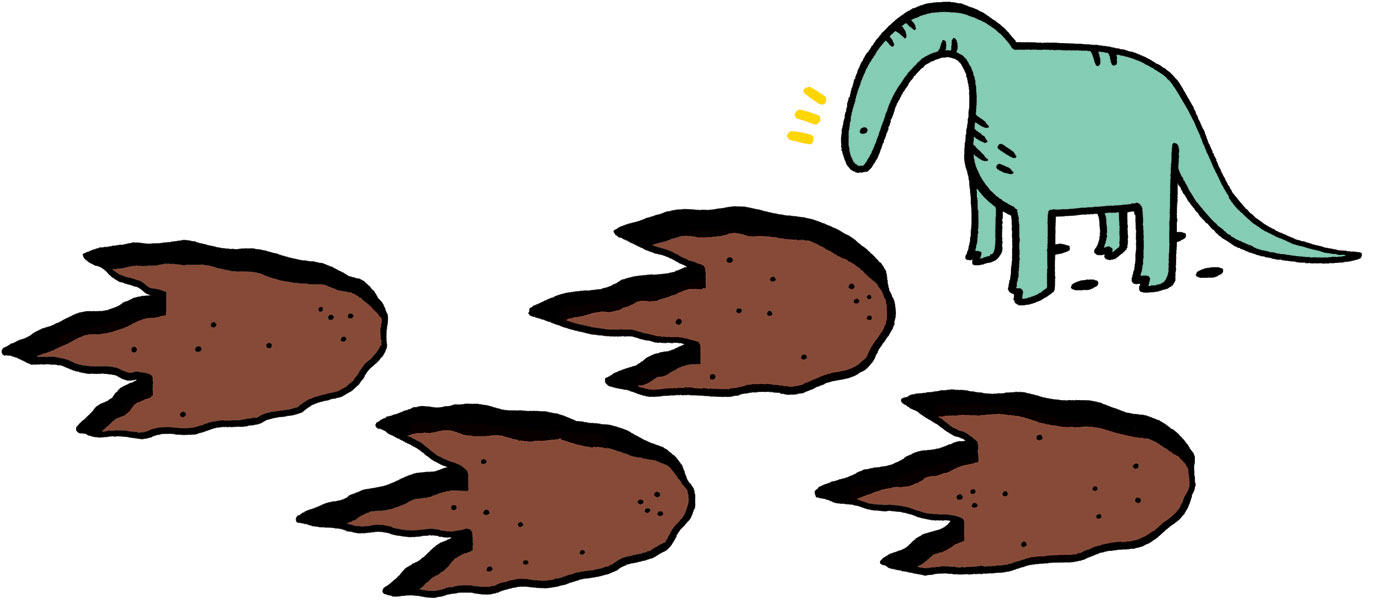
The first fishermen to employ nets were soon followed by others, and likewise the first farmers to fertilize their fields. Humans are by nature copycats, driven by self-interest to emulate success. Business schools call this behaviour “best practice,” and it often changes the game. When Henry Ford pioneered the assembly line, his modest goal was to make better, more affordable cars. Ultimately, he revolutionized manufacturing by facilitating mass production of automobiles, along with practically everything else. This impulse—the desire to do something, anything, as well as if not better than anyone else—is just plain smart, which raises the question: why does it have so few adherents in the public sphere? We could learn a great deal about everything from transit to child care, if only we took the trouble to look at how others do it.
In the decades following World War II, North America was at the centre of innovation. Back then, our way was usually cutting edge, but, sadly, that no longer holds true. Much of the world has caught up with or surpassed us. In terms of infrastructure—roads, bridges, sewers, transportation, telecommunications—Canada and the United States are literally falling to pieces. As the Pulitzer Prize–winning journalist Thomas L. Friedman has written, flying from Hong Kong to Los Angeles today is like travelling back in time—or, as he puts it, going from the Jetsons to the Flintstones. In South Korea, where Internet speeds are already double those in the US and Canada, the government is on a mission to increase its lead, boldly predicting a future in which its citizens will have access to services twenty times faster. The Flintstones, indeed.
While the US is still the largest global economy, it is no longer the most competitive. According to the World Economic Forum, an independent not-for-profit foundation, that distinction now belongs to Switzerland. In its 2013–14 Global Competitiveness Report (which compares some 100 metrics, including innovation, across 148 countries), the US ranks fifth. Canada comes in at fourteenth, just behind Norway, whose population of 5.1 million is smaller than that of the Greater Toronto Area. Clearly, Norway punches above its weight, in part because its citizens are more inclined to seek out best practices.
Like us, Norway is rich in oil, natural gas, hydroelectric power, minerals, lumber, seafood, and fresh water; and its economy, like ours, is driven by these resources. The difference is that they have done a better job of managing theirs. In 1990, fourteen years after Peter Lougheed instituted the Alberta Heritage Savings Trust Fund, Norway established a sovereign wealth fund that invests surplus oil revenues as a hedge against the day they run dry. Today it is worth more than $800 billion, guaranteeing prosperity for generations to come. The Alberta trust is another story: overspending by a succession of provincial governments, beginning with Ralph Klein’s, has limited its growth. At an all-time high, it’s still a mere $17 billion. To put that in a North American context, an Alaskan fund created in the same year has accumulated more than $50 billion, enough to pay every resident of the state a sizable annual dividend ($900 US last year but $2,069 in 2008).
The prudent management of petrodollars isn’t the only thing Norwegians have done right. They still have cod, for instance, and their fishery is so robust that it sustains exports twice the size of Canada’s. Why? Because they trust science, believe in sustainability, and understand that since marine life is oblivious to borders the preservation of fish stocks requires international co-operation. They also accept that government and industry are partners in the management of the economy. The country has resisted the anti-government contagion that afflicts North America, turning “citizens” into self-interested “taxpayers,” and politicians into followers rather than leaders.
Best practices only work if their pursuit is never ending. The Norways of the world will continue to outperform us until we recommit to being global leaders. We should have no illusions. Rebuilding North America will come at a price: not less government involvement in the economy but more.





